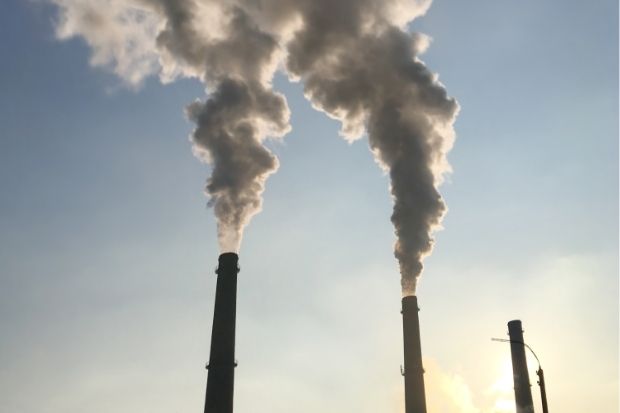
INQUIRER.net stock images
MANILA, Philippines — Countries are falling short in their efforts to help ease climate change amid a further increase in carbon emissions, according to a report on climate change by an agency of the United Nations.
The 2022 UN Emissions Gap Report by the United Nations Environment Programme (UNEP) warned that the “window is closing” on climate mitigation efforts, unless emissions are cut by as much as 45 percent eight years from now “to avoid global catastrophe.”
The report published on Thursday said members of the Group of 20 (G-20)—an intergovernmental forum comprising 19 countries and the European Union—“are far behind in delivering on their mitigation commitments for 2030 ….”
G-20 countries would therefore need “additional policies to achieve their NDCs,” the report said, referring to each member-state’s Nationally Determined Contributions (NDC) to reduce their emissions.
Given that progress, the community of nations may fall short of the goal of the Paris Agreement—the 2015 international treaty, which aims to reduce global warming to well below 2 degrees Celsius before pre-industrial levels, then to 1.5 by DATE.
Furthermore, while the COVID-19 pandemic led to an unprecedented “reduction” in global emissions, this was also “short-lived” as it rebounded to an estimated 52.8 GtCO2eq (gigatonnes of CO2 equivalent) in 2021, the report said.
Global greenhouse gas emissions were at 37 GtCO2eq in 2019 but leaped to 49.8 GtCO2eq in the pandemic year of 2020, despite a near-standstill in global economic activity.
There are still solutions to reverse that trend, the report said, as it emphasized that “Governments and key financial actors [must] steer credibly in one direction.”